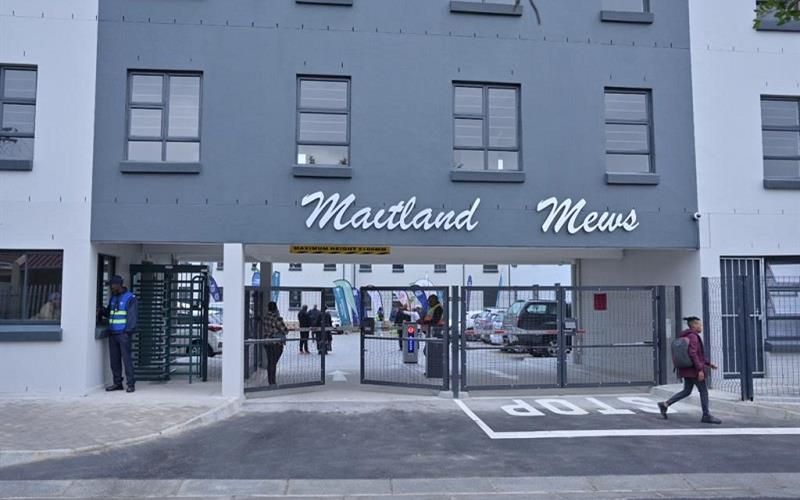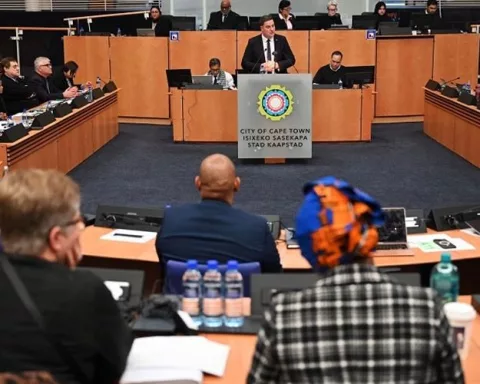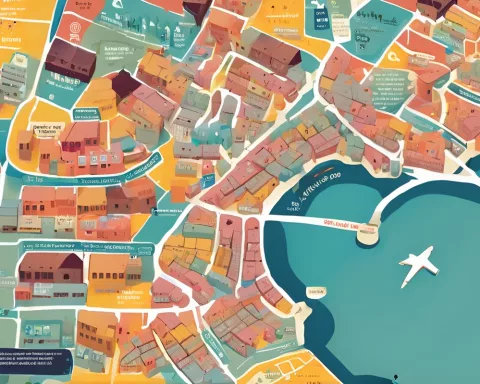The City of Cape Town has taken a significant step in addressing the housing crisis by inaugurating the Maitland Mews social housing development project. The project, located on Voortrekker Road in central Cape Town, offers hundreds of residents safe, well-located, and affordable housing, providing hope for a brighter future.
Completion of Phase 1
The Maitland Mews project comprises 204 units and signifies the completion of approximately 25% of the City’s 800 central Cape Town social housing units. Additionally, 2,500 units are currently under construction along the Voortrekker corridor and economic nodes. In total, 6,500 social housing opportunities across 50 land parcels are in the pipeline.
Collaboration and Partnerships
During the handover ceremony, Mayor Geordin Hill-Lewis emphasized the transformative power of dignified housing and acknowledged the collaboration between the national and provincial governments for grant funding. The social housing partner responsible for operating the development, Madulammoho, received praise for their role in the project.
Affordable Rental Opportunities
Madulammoho provides rental opportunities for residents and their families, as part of a broader precinct plan encompassing over 1,000 affordable housing units. Maitland Mews offers a variety of rental rates based on household income, catering to households with a monthly income range of R1,850 to R22,000. According to the Social Housing Regulatory Authority (SHRA), average monthly rentals for these projects range between R722 and R6,475.
Location and Amenities
Maitland Mews’ central location enables tenants to easily access public transportation, shopping centers, industrial areas, universities, and the bustling Cape Town Central Business District. Tenants can take advantage of numerous amenities, such as proximity to schools, libraries, police stations, and places of worship.
Funding and Management
The project’s funding was made possible through a combination of the Consolidated Capital Grant from the SHRA, loan financing from the National Housing Finance Corporation (NHFC), equity from Madulammoho, and a discounted land price from the City. Social housing in Cape Town is managed by accredited Social Housing Institutions (SHIs), which rely solely on rental income and do not receive operational grants.
Exemplary Model for Social Housing Initiatives
Maitland Mews serves as an exemplary model for social housing initiatives in Cape Town. The project showcases the effectiveness of collaboration between government and private sectors in providing affordable, well-located, and dignified housing options for residents. By offering safe and accessible homes to hundreds of people, Maitland Mews contributes to transforming lives and fostering hope for a better future in Cape Town.












